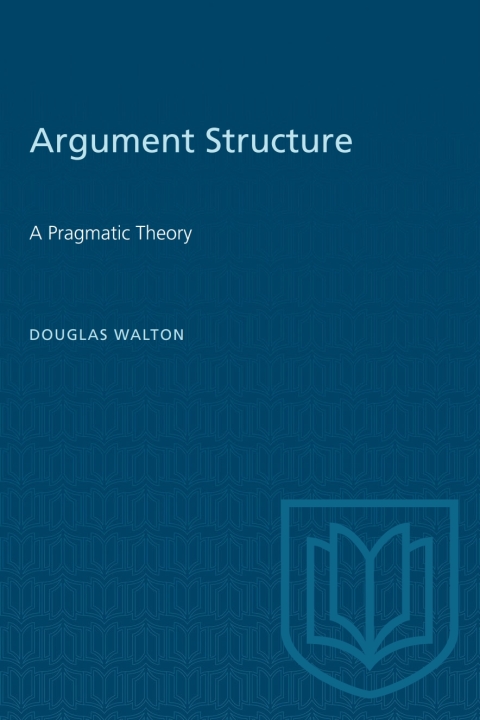
Argument Structure. A Pragmatic Theory PDF
450 Pages·1996·1.8518 MB·other
Most books are stored in the elastic cloud where traffic is expensive. For this reason, we have a limit on daily download.
Preview Argument Structure. A Pragmatic Theory
Description:
The genesis of this book was my awareness that I was often repeating to the students in my logic course (especially the part on informal fallacies) that identifying an argument--asking "What is the argument?" is a very important part of logic. I found myself often pointing out to the students that a particular example could only be judged to be an instance of this or that fallacy, if some prior agreement was reached on exactly what the premises and conclusion of the argument were supposed to be.
I didn't think about this idea too much when I first started teaching logic. But over the years, these applied aspects of logic began to appear more important. It began to occur to me that since many people were saying that logic ought to be applied to realistic cases of conversational argumentation, the idea of developing some systematic method of improving skills of argument identification, or of improving existing techniques, ought to be taken much more seriously as an important branch of logic.
I didn't think about this idea too much when I first started teaching logic. But over the years, these applied aspects of logic began to appear more important. It began to occur to me that since many people were saying that logic ought to be applied to realistic cases of conversational argumentation, the idea of developing some systematic method of improving skills of argument identification, or of improving existing techniques, ought to be taken much more seriously as an important branch of logic.
See more
The list of books you might like
Most books are stored in the elastic cloud where traffic is expensive. For this reason, we have a limit on daily download.
